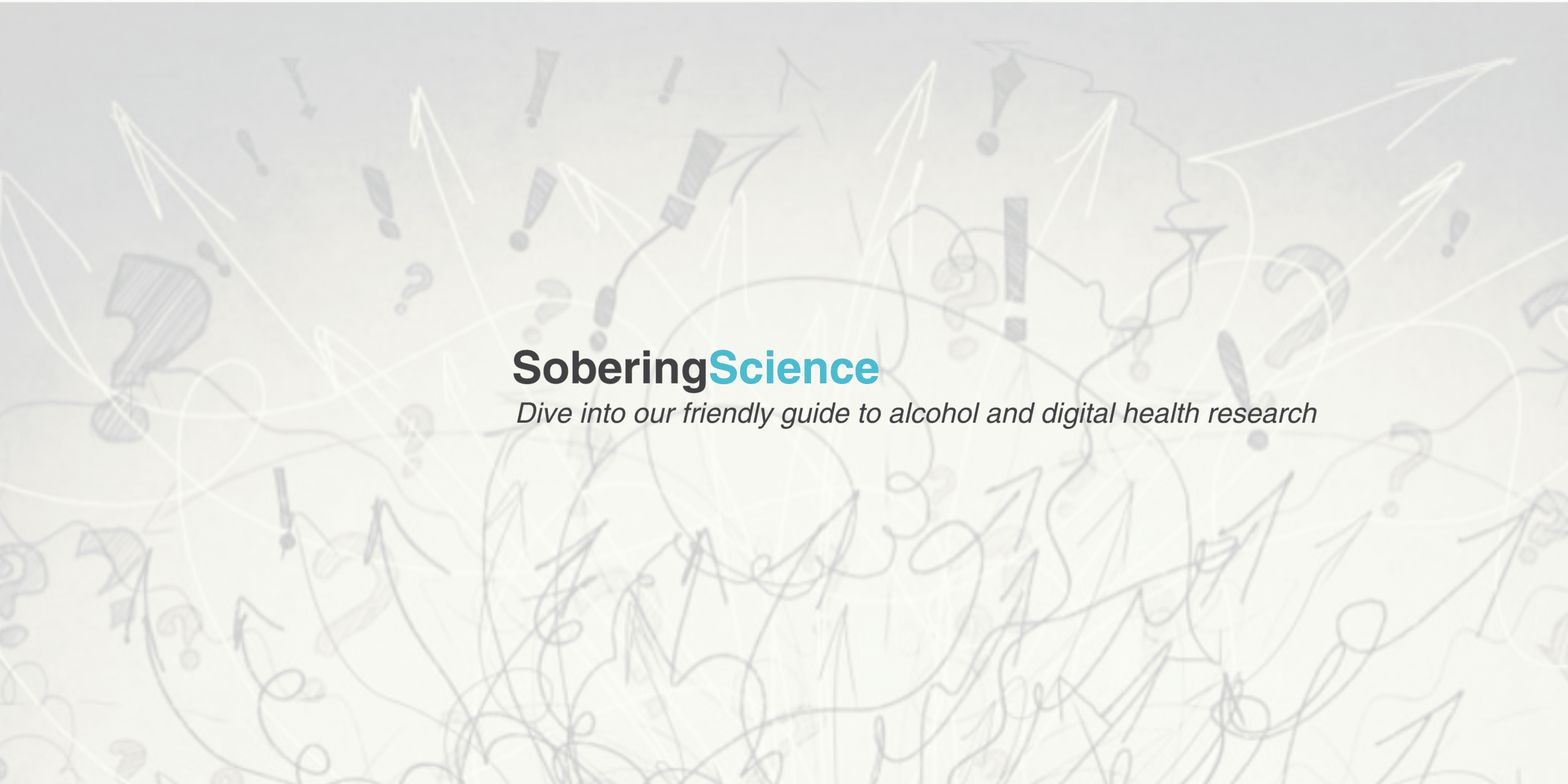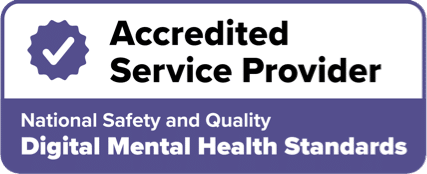
Cut down or stop? What does research tell us?
When people think about treatment for alcohol problems, they usually picture one thing: quitting completely. Abstinence has been the usual goal of treatment for decades.
But what if you're not ready to stop entirely? What if you just want to get your drinking down to a manageable level? For many people, the "quit completely or you've failed" mind-set can be so discouraging that they don't try alcohol treatment at all.
So, researchers decided to try answering the question: when someone wants to get their drinking under control, is it better to aim for total abstinence (quitting completely) or for "controlled drinking" (a sustained pattern of lower-risk drinking within defined limits)?
What was the study?
Think of this study as the ultimate fact-checker. The researchers didn't run a new experiment. Instead, they opted for a systematic review and meta-analysis of decades of scientific papers to find every single study that compared:
- Group A: People aiming for total abstinence (zero alcohol).
- Group B: People aiming for controlled drinking (lower-risk set limits).
After screening over 6,000 articles, they narrowed it down to 22 studies published between 1973 and 2017, involving a total of 4,204 participants.
Of these, only five were randomised controlled trials (the highest quality research, where people are allocated to a specific treatment group) while the rest were observational studies where people had chosen their own treatment goal and were followed by researchers.
They ended up with 22 studies, involving over 4,200 people.
Their main question was simple: Which group was more successful at achieving a good outcome, which they defined as either total abstinence or staying within those safer drinking limits?
What were the results?
The results were surprisingly balanced and might challenge what you thought you knew.
- It's a tie (mostly): When they looked at the highest-quality studies, there was no clear winner. Whether people aimed for abstinence or cutting back, their chances of success (being either completely alcohol free or a lower-risk drinker) were pretty similar.
- Support is everything: Here’s a key detail. In observational studies where people had chosen their own treatment goal, those who chose controlled drinking were less likely to succeed if they did not receive specific therapy to help them do that. But, when people in both groups received goal-specific treatment (abstinence therapy for the abstinence group, controlled drinking therapy for the cut down group), the difference disappeared. The two approaches were found to be equally effective.
- Cutting back gets better with time: This was a fascinating finding. In studies that followed people for two years or more, the controlled drinking approach started to look even more promising. It seems like this might be a sustainable long-term strategy for many people.
- Other wins are equal: Both groups saw similar improvements in their lives such as better relationships, fewer legal problems, and overall drinking less. Of course, more people in the abstinence groups stayed completely alcohol free, but a good chunk of people in the controlled drinking group ended up abstinent too.
Why is this important?
Because it empowers people receiving alcohol treatment and the clinicians that provide it with more options and evidence.
- More choices = more hope. The biggest takeaway is that there's more than one way to change your relationship with alcohol. If the idea of never drinking again feels impossible, a goal of drinking less is now a scientifically backed option. This could open the door to help for many who were too scared to walk through it before.
- It challenges stigma and myths: The research showed that cutting back isn't just for "less serious" drinkers; it worked for people with severe dependence, too. It also showed that offering this goal doesn't make people complacent; many in the "cutting back" group voluntarily moved toward abstinence on their own.
- It's okay to start where you are. Ultimately, this is about meeting people where they are along their journey of change. The best goal is one that a person can commit to. For some, that's abstinence. For others, it's controlled drinking. Both are valid paths to a healthier life.
In a nutshell
Evidence suggests you don't have to swear off alcohol forever to improve health and wellbeing. For a lot of people, successfully cutting back to a lower risk level is a totally achievable and legitimate goal, as long as they have the right support to do so.
The best path is the one that feels possible to the person walking it. And now, we have solid science showing there's more than one path to a better future.
At Hello Sunday Morning, we support our members to achieve their own goals. Our Hello Change program is designed to help people maintain controlled drinking when they choose to, and abstinence when they choose to.








